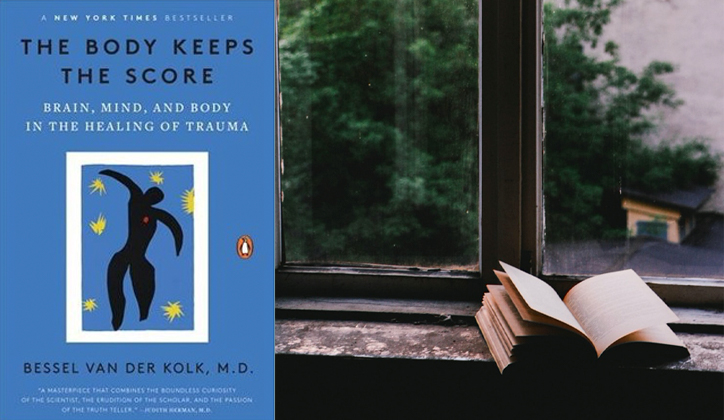The following review is a guest post written by our friend, Dustin Hunt.
“He comes to make his blessings flow, far as the curse is found.” – Isaac Watts
In a world filled with complexity and beauty, the curse has found its way into every nook and cranny, polluting everything in its ardent pursuit of complete annihilation. Though sin is present all around us, perhaps no other realm of life demonstrates the prevalence of darkness than the areas of trauma, abuse, and neglect. Pastor, if the curse invades every nook and cranny of God’s good cosmos, do not be surprised when the distressing implications of trauma and abuse show up at your office, “for we do not wrestle against flesh and blood, but against the rulers, against the authorities, against the cosmic powers over this present darkness, against the spiritual forces of evil in the heavenly places” (Eph. 6:12). If the church—and primarily the shepherds God called to care for her—refuses to acknowledge the undeniable power of sin through trauma and abuse, we will be ill-informed to help people find healing and hope in the Gospel.
Though at times dark and dismal, Bessel Van Der Kolk’s work, The Body Keeps the Score, is not only a must read for every pastor, it is a must read this year. Not only will this work draw you in with the deplorable stories and effects of trauma, the author does an excellent job of webbing research, history, and narrative into one captivating book.
While many younger pastors are used to hearing terminology surrounding post-traumatic stress disorder as common vernacular, the diagnosis is still relatively new.
In the second half of the 20th century, psychologists and neuroscientists were discovering the lingering effects of traumatic events, in whom Van Der Kolk was one of the pioneers of such research. After the Vietnam War, thousands of war-scarred veterans returned home as different men—neurotic, angry, distrusting, and unhealthy. This led Van Der Kolk to research how their trauma in wartime impacted their day-to-day lives, even if they were years removed from the battlefield. Those who endured trauma feel as if they are constantly under threat, leading to alarming signals not only from behavior but from the body. You can continue to deny the power of trauma, but inevitably, as Van Der Kolk says succinctly, “Medications, drugs, and alcohol can temporarily dull or obliterate unbearable sensations and feelings. But the body continues to keep the score” (Page 46).
Trauma from the past shapes and informs the present, and if left unprocessed, will dictate the future. For those who endured traumatic events—such as calamitous scenes of warfare, childhood sexual abuse, or the violent death of a loved one—the brain and the body naturally fight for survival. Through trauma, the brain is often stunted, as trauma survivors are paralyzed by their inability to grow past the distress that was inflicted upon them. For many, trauma literally changes their lives, turning them into different people, and can have haunting implications. Flashbacks, lack of sleep, drastic mood swings, anxiety, paralyzing fear, and a host of other symptoms often accompany someone who has endured horrific trauma. When a young, angry, distrusting woman walks into your office with a slew of unhealthy boyfriends and ongoing drug problems, what will be your answer for her?
Sadly, because many pastors are ill-informed about the complexity of trauma, we often give advice that is more harmful than helpful: read your Bible more, join a community group, repent of your sins. While I agree in principal with all of these things, trauma is a different animal, and thus, requires a more holistic approach: body, mind, and soul. Van Der Kolk’s pivotal book will help pastors who lack the expertise in trauma become more informed about the appropriate way to respond to it. Given the rampant and ever-growing stories of trauma, pastors must learn how to deal with this issue in a way that leads to the flourishing and healing of victims. As you labor to shepherd God’s people in this broken world, may we hope and long for the return of Jesus, wherein “he comes to make his blessings flow, far as the curse is found.”

